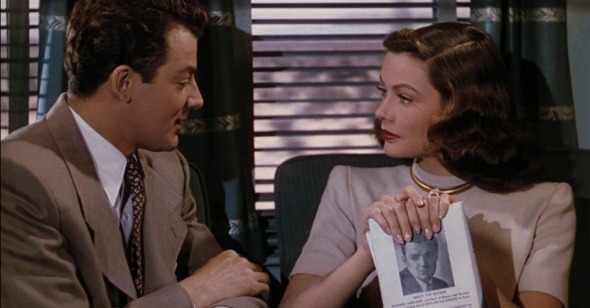There’s something not quite right about the use of the possessive construction in the way we discuss movies.
Stanley Kubrick’s Barry Lyndon. Billy Wilder’s Some Like It Hot. Chantal Akerman’s Jeanne Dielman, 23, Quai du commerce, 1080 Bruxelles. These attributions make “sense,” to a certain extent. But what about these: Alain Resnais’s Hiroshima mon amour. Louis Malle’s My Dinner with André. Gregory Jacobs’s Magic Mike XXL. See how it starts to get strange—and strained? We tend to attribute not just authorship but ownership of a film to its director, even when we know that such figures as Marguerite Duras, André Gregory and Wallace Shawn, or Steven Soderbergh have as much claim over the films named above as the directors who so often get that coveted “apostrophe, s.”
Though some form of this debate is raised again every few years or so, it’s obvious that the battle for auteurism was won long ago. Pauline Kael may have fought staunch politique des auteur-ist Andrew Sarris tooth and nail (and circle and square) over such matters in the early sixties, but in her own practical way she became equally worshipful of the director figure. Exaltation of the director is just a given now in the way we talk about movies, and certainly a major part of online film culture, which obsesses over superstars (who are almost exclusively male and white, one must add) believed to be the sole brains and brawn behind their creations.
To attribute authorship to someone other than the director, then, becomes an unusual, and thus political decision. You can choose to claim that a film’s true author is not its director, but its writer, a principal actor, the cinematographer, a special effects visionary, but to do so would likely incite debate or even controversy. If you were to say Hanif Kureishi's My Beautiful Laundrette or Gena Rowlands’s A Woman Under the Influence or Stan Winston’s Terminator 2: Judgment Day you are making a statement. Which is why we really wanted to rethink this whole possession business.
We asked contributors to pitch us an article with which they could make a convincing and compelling claim that the “real” author of a particular film is not necessarily its director. This shouldn’t be based exclusively on rumors or behind-the-scenes details (for example, Poltergeist, said for years to have been directed by Steven Spielberg rather than Tobe Hooper), but rather on the writer’s own critical conception of what makes a movie a movie. It could have been the integral input of an actor, an art director, a costume designer, a cinematographer, a screenwriter, a music composer—or anyone else the writer felt has as much right to that “apostrophe, s” as the director. We decided to embark on this symposium as a way of acknowledging film as a collaborative medium, yes, but also to underline how precarious our conception of film as an “authored” form really is.
The results were fascinating and revealing. Many of the writers ended up making cases for women (whether writers or actors or both) as authors of films traditionally attributed to male directors—Juliette Binoche and Clouds of Sils Maria, or Natto Wada and the films of Kon Ichikawa. Another contributor focused on the role of the benshi in the early Japanese film industry. Cinematographers past (Leon Shamroy) and present (Emmanuel Lubezki) are represented; as are soundtrack musicians, actors, and one long dead source novelist. The films range from mainstream studio fare to international art-house to American independent, but the questions they raise are largely the same. And they’re questions we’ll still be asking for years to come.
